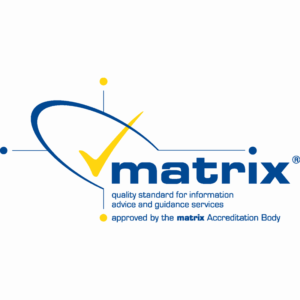Confident with numbers, enjoy problem-solving, and have a logical approach to thinking? If you’re an ambitious school leaver, interested in a future finance, business, economics or entrepreneurship career, this A Level Accounting course is designed specifically for you.
The course forms part of a dynamic Level 3 study programme at Central Saint Michael’s Sixth Form and can be combined with two other A Levels or Applied subjects, allowing you to choose a flexible and tailored pathway.
Summary of the course:
Fundamental Principles of Financial and Management Accounting
Gain a deep understanding of the key principles that underpin both financial and management accounting. You’ll explore how accounting systems work, why accuracy is essential, and how financial information is used to guide business decisions.
Double-Entry Bookkeeping, Ledger Accounting, and Trial Balances
Learn how to maintain accurate financial records using double-entry principles. You’ll develop skills in recording transactions in journals and ledgers, balancing accounts, and preparing trial balances — the building blocks of all financial reporting.
Preparation and Analysis of Financial Statements
Develop the skills to prepare key financial statements, including income statements and statement of financial position for sole traders, partnerships, and limited companies. You’ll also learn how to analyse these statements to assess business performance and financial health.
Costing, Budgeting, and Break-Even Analysis
Understand the internal financial tools businesses use to plan and control spending. You’ll explore different costing methods, prepare budgets, and apply break-even analysis to evaluate business decisions and profitability.
Interpretation and Evaluation of Accounting Data for Decision-Making
Learn to make sense of complex accounting data, using it to assess financial viability, improve efficiency, and support strategic business planning. You’ll interpret ratios, trends, and forecasts to make informed financial recommendations.
The Role of the Accountant in Ethical, Sustainable, and Legal Practices
Explore the broader responsibilities of accountants in today’s world, including ethical conduct, legal compliance, and supporting sustainability. Understand how accountants contribute to transparency, accountability, and trust in business and public services.
The course is split into two core components, assessed across two papers:
Paper 1: Financial Accounting (7127/1)
- Double entry model
- Accounting concepts and conventions
- Accounting for sole traders and partnerships
- Depreciation and irrecoverable debts
- Control accounts and bank reconciliations
- Limited company accounts
- Verification of accounting records
Paper 2: Accounting for Analysis and Decision-Making (7127/2)
- Budgeting and variance analysis
- Absorption and marginal costing
- Break-even analysis
- Investment appraisal techniques (NPV, ARR)
- Accounting for incomplete records
- Ethical and legal aspects of accounting
- Interpretation of financial statements using ratio analysis













